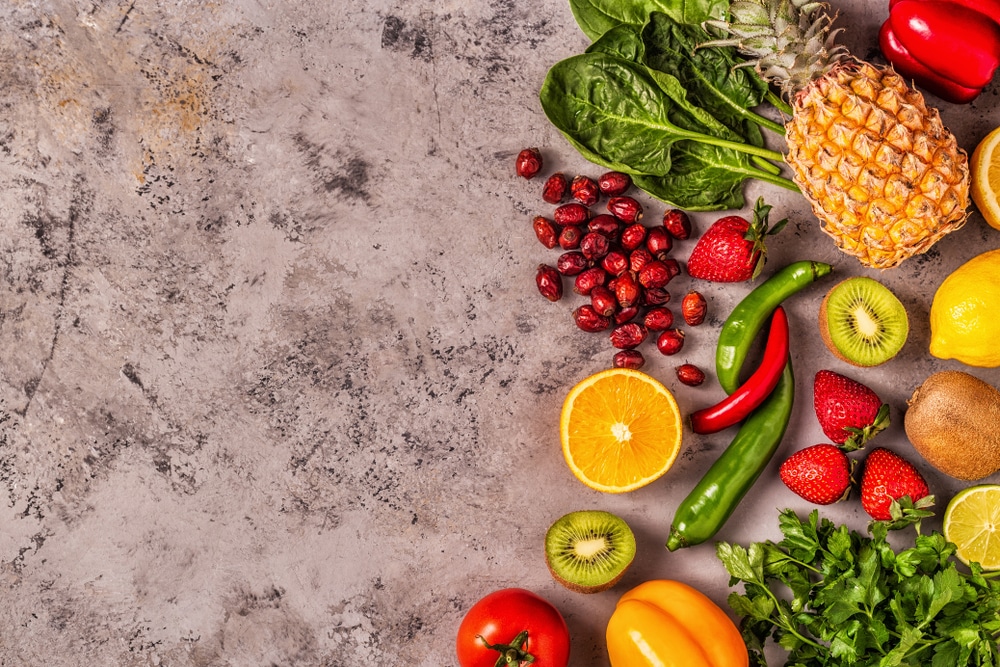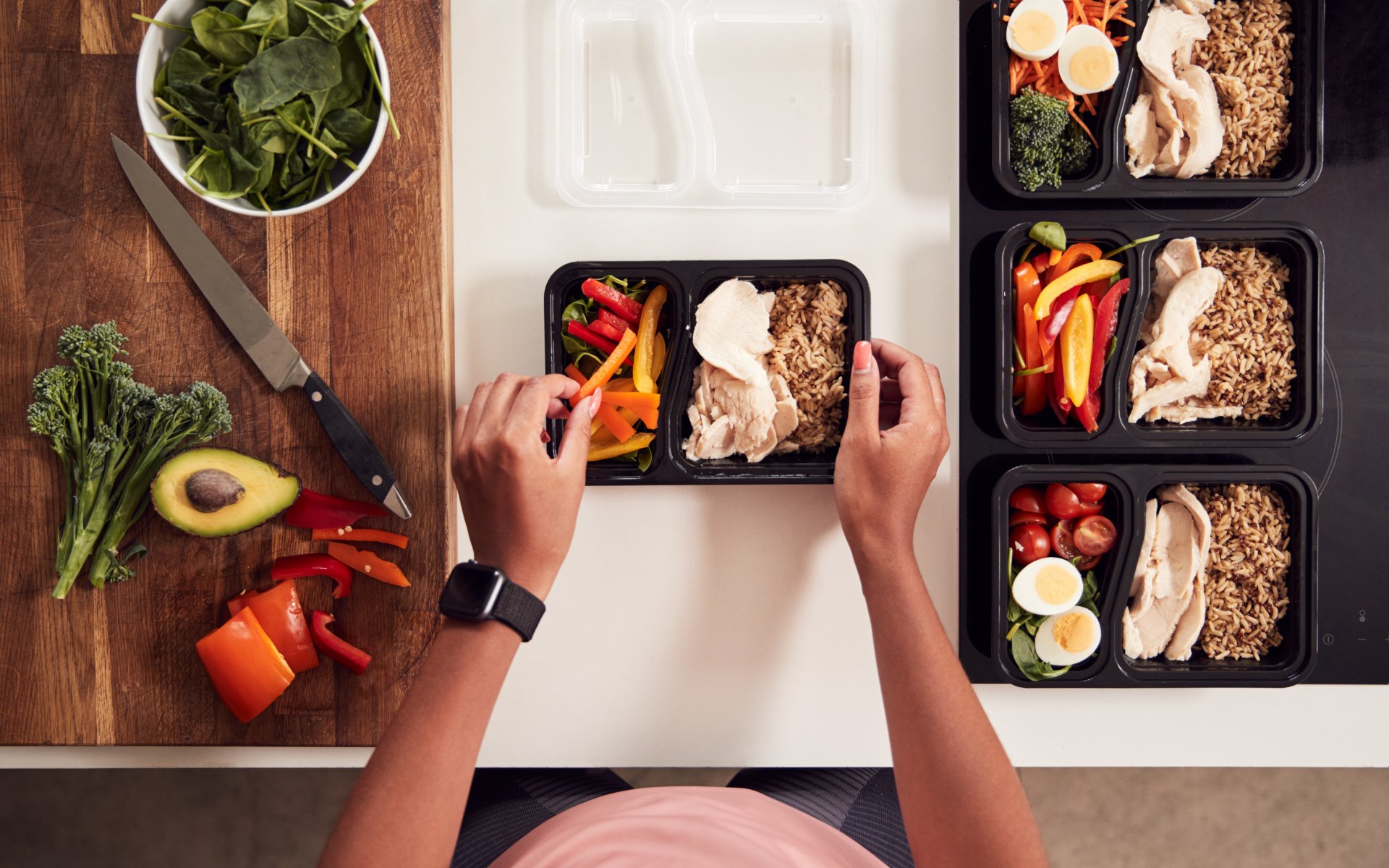It can be difficult to maintain energy levels during the day, especially when life gets busy or you are exercising. But there are vitamins that could help boost your energy levels and make it easier for you to go through your day feeling well-rested and refreshed! In this article, we look at some of the vitamins that work best as natural energy boosters.
Get your personalized
meal plan!
The supplements discussed in this article are all natural and in some cases have been scientifically proven to boost energy levels. Some vitamins, such as vitamin B12 can be taken every day for lasting benefits, while others may need to be consumed occasionally depending on the person’s needs. Whether you’re looking for a quick pick-me-up or an everyday supplement, these vitamins could help you get the energy you need. Remember to always talk to your doctor about any supplements before starting to take them.
What Vitamins Should I Take For Energy and Tiredness?
 Vitamin B12
Vitamin B12
Vitamin B12 is responsible for forming red blood cells, which transport oxygen in the blood throughout the body. Once the oxygen arrives to your body’s cells, it is utilized for energy production. Vitamin B12 also plays an important role in neurological function. According to guidance published by the National Institute of Health in 2016, if you don’t consume enough vitamin B12 in your diet, you will be at a greater risk of fatigue, weakness, or weight loss (11).
Vegetarians and vegans are likely to be low on vitamin B12, since it is most commonly found in fish, meat, eggs, dairy, and many fortified foods. Older adults, or people with digestive disorders like Crohn’s disease, are also at risk for a deficiency because they are less capable of absorbing the B12 they consume (11).
If you feel fatigued, eating foods rich in vitamin B12 or taking a supplement might improve your energy levels.
Read More: 13 Essential Vitamins: A Comprehensive Guide
Vitamin D
It is a natural hormone and most people need to consume it through diet or supplements because the liver can’t create enough on its own. Vitamin D (5):
- Helps you absorb calcium from your food which strengthens bones.
- Supports muscle function.
- Regulates immune system responses.
- Boosts moods via brain chemistry regulation (serotonin).
- Provides energy by aiding in the metabolism of carbohydrates for fuel.
If you feel fatigued, eating foods rich in vitamin D (such as fatty fish like salmon) or taking a supplement might improve your energy levels. You can also try natural sources such as natural sunlight to boost mood and mental clarity from prolonged lack of sun exposure (5).
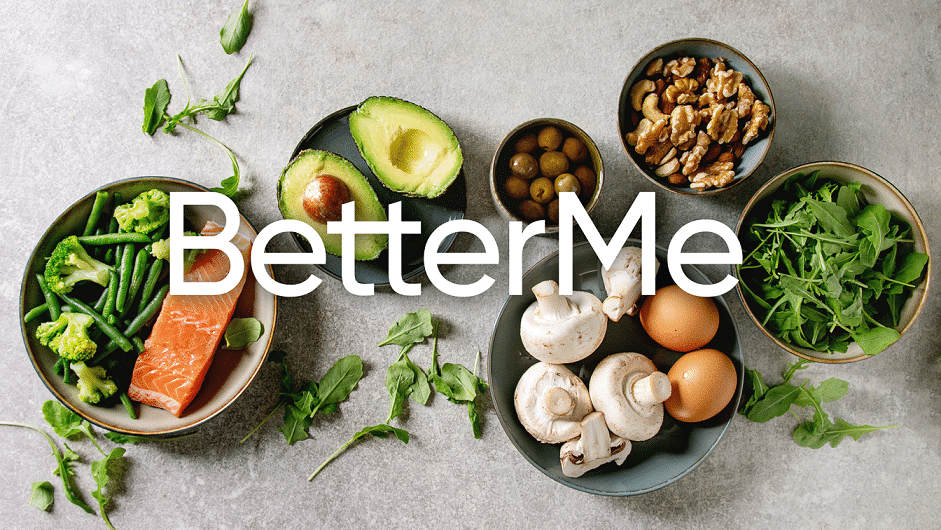 Vitamin B1
Vitamin B1
Vitamin B-complex vitamins, including thiamine or vitamin B-I, are some of the best vitamins for energy. This is because they work to convert the carbohydrates in food (glucose) into energy for your cells.
Research has shown that those with lower levels of these important nutrients often report feeling tired and fatigued. If you feel exhausted after eating a meal or experience unexplained weight loss unrelated to dieting, then it is worth considering having your blood tested so that you know what level of this nutrient may need increasing (7).
Some natural sources of thiamine are raw milk, whole grain products, liver, and pork.
Taking a natural supplement can also help to increase your levels of vitamin B-I if you suffer from fatigue or lack of energy on a regular basis.
There is no recommended dosage for this nutrient because natural foods contain small amounts that will vary depending on what you eat each day. A good way to find out how much you need is by consulting with your doctor about whether they would like you to take a natural supplement as well as follow any dietary advice they have given so far.
Vitamin B5
Vitamin B5 is essential for the breakdown of carbohydrates, protein, and fats into energy. It is also involved in the production of fat structures such as hormones, which makes it one of the best vitamins for energy and tiredness for men (12).
If your energy levels have dropped due to intense stress, this vitamin is particularly important. It plays an important role in producing energy and stress-busting hormones (12).
Some of the best sources of vitamin B5 are avocado, beans, broccoli, lentils, whole grains, and chicken.
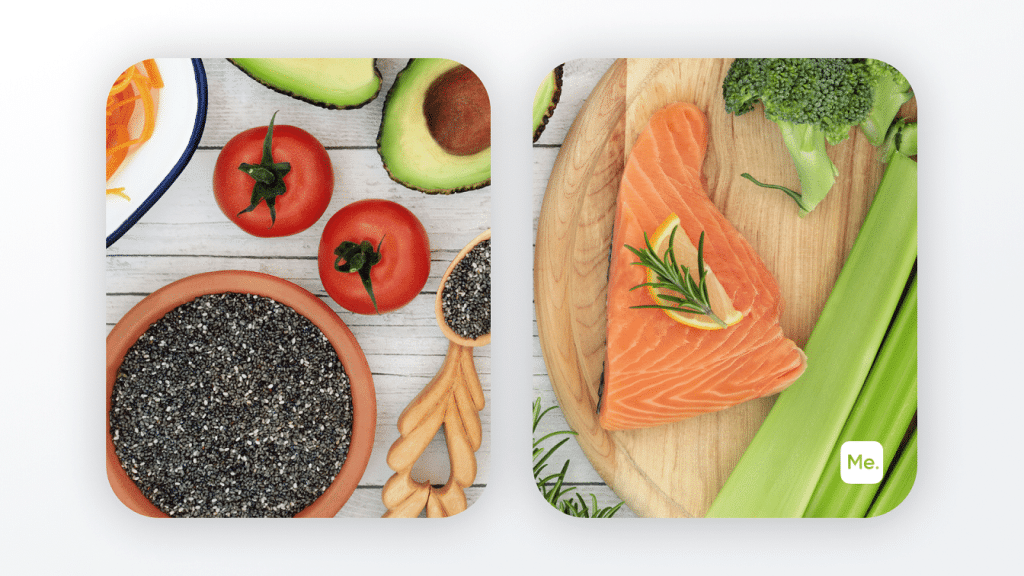 Coenzyme Q10
Coenzyme Q10
Coenzyme Q10 is a natural enzyme that’s found in the human body. It plays an important role in energy production and metabolism, which can help to restore your natural stores of energy if you have depleted levels from another condition or just being very active.
Most people don’t need additional coenzyme Q10 supplementation unless they take statin drugs for high cholesterol or are obese with type-two diabetes. In these cases, it may be wise to consult with their doctor before adding supplements to their diet because there could be side effects associated with taking too much CoQ10 intake over time.
Some natural sources of Coenzyme Q10 include sardines, herring, mackerel, spinach, beet greens, and beef heart.
Whether you’re a workout beast or just a beginner making your first foray into the world of fitness and dieting – BetterMe has a lot to offer to both newbies and experts! Install the app and experience the versatility first-hand!
Magnesium
Magnesium is one of the minerals that are key to energy production. It is also important for muscle relaxation and transmission of nerve impulses, making it a natural choice for people who want an extra burst of energy or suffer from chronic tiredness due to a lack of magnesium (9).
Magnesium can help you fight fatigue by increasing your ability to produce ATP (adenosine triphosphate) – the molecule that our cells use as fuel when they need immediate energy (9).
Magnesium is also a natural diuretic, which can help with tiredness by reducing fluid retention and improving the circulation of blood (9).
Aside from natural magnesium supplements like Epsom salts or coconut water, you can also get this mineral via leafy greens such as spinach or Swiss chard, beans (especially adzuki), nuts and seeds – but make sure to soak them first since their tough outer shells prevent our bodies from absorbing all the nutrients they contain.
Do not take too much zinc together with your magnesium supplement because it will interfere with its effects on energy production.
 Ashwagandha
Ashwagandha
Although not classified as a vitamin, Ashwagandha is an adaptogen that is said to help boost energy levels. As a natural remedy, it is often used to overcome feelings of fatigue (2).
This herb may help regulate blood sugar levels and strengthen the immune system as well as reduce stress levels which in turn may lead to improvements in energy (2). You simply need one teaspoon twice each day mixed with water or milk tart drink for best results.
Some natural health practitioners suggest taking this supplement first thing in the morning on an empty stomach because that is the time when your body needs energy most.
You can also take Ashwagandha if you find yourself feeling anxious before public speaking engagements, important meetings at work, exams, or even during periods of high activity like exercise (which might cause over-stimulation). This root has been shown to be beneficial for reducing anxiety and promoting relaxation (2).
Read More: Ashwagandha Benefits For Weight Loss: Here’s How This Ancient Herb Can Help You Lose Weight
Iron
Iron is a mineral that helps the body create new blood cells, which are integral to energy production. It is a main ingredient in energy supplements for women, due to its crucial role in blood production (8).
Iron deficiency is one of the most common nutrient deficiencies in America and can lead to fatigue as well as other symptoms like headaches or reduced immunity over time.
People who have a higher risk of iron deficiency include:
- Pregnant women
- Teenage girls
- Vegetarians and vegans who don’t eat enough iron-rich foods like red meat or dark leafy greens
- Individuals with chronic illnesses such as Crohn’s disease or celiac (or those taking certain medications for these conditions)
- People on a low calorie diet
- Elderly people
- Women of childbearing age
Some natural sources for iron include red meat, leafy green vegetables, beans, eggs, nuts and seeds. However it’s possible that your diet doesn’t contain enough natural sources or you’re not getting enough from food alone – a supplement might be necessary!
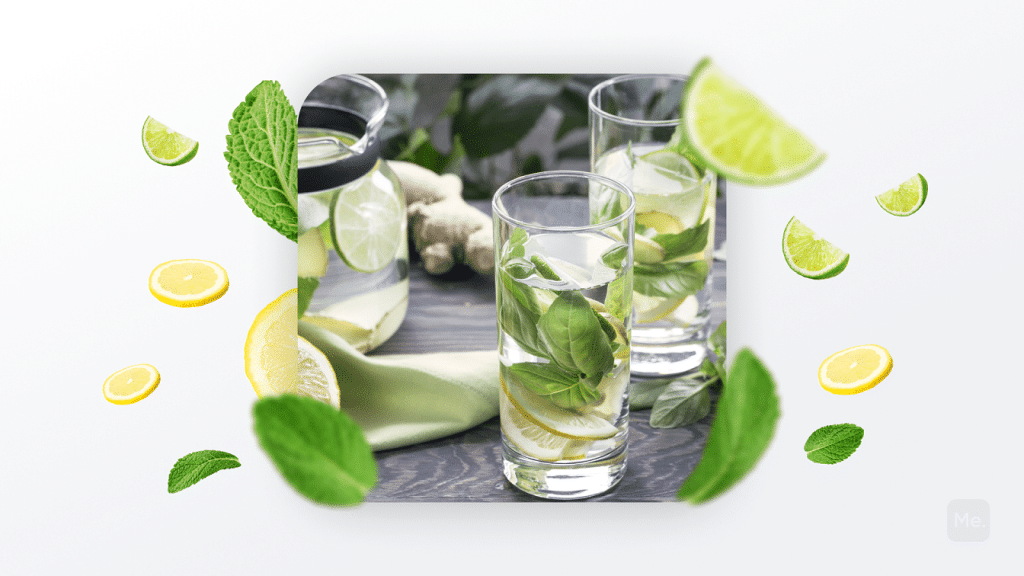 Creatine
Creatine
Although it’s not a vitamin, creatine is a natural energy booster. Creatine helps cells produce more adenosine triphosphate (ATP), the body’s main source of fuel. Some studies have shown that supplementing with creatine can help improve endurance performance by up to 15% (4).
Creatine works best when combined with other natural energy boosters such as caffeine, guarana, natural sugars, and carbohydrates, but it can also be taken alone.
It’s best to take creatine between 30 minutes before your workout or race so that the body has time to produce ATP. Taking a smaller dose of creatine for longer periods (e.g., five days a week) is more effective than taking large doses sporadically throughout the week.
It’s important to note that there are some side effects associated with creatine supplementation such as weight gain and muscle cramps in some people; these symptoms usually subside after stopping use (1).
How To Take Vitamins For Energy?
It’s best to start small when taking any new vitamin! Talk to your doctor about dosages. You can also try natural alternatives like honey or dried fruits for natural sugar boosts that don’t contain caffeine! Other useful tips for getting your energy boost include:
Know What’s In Your Supplement
Research is your best friend when it comes to natural vitamins – so make sure to do some research before taking anything new!
Avoid any artificial sweeteners while on the quest for natural energy boosters as they may actually cause fatigue instead of stopping it.
Dropping pounds by the dozens without putting yourself through the wringer is everyone’s weight loss pipe dream. But what if we told you that the BetterMe app can make that happen? Keep yourself in prime shape with our fat-blasting workouts, delicious budget-sparing recipes, and body-transforming challenges with our app!
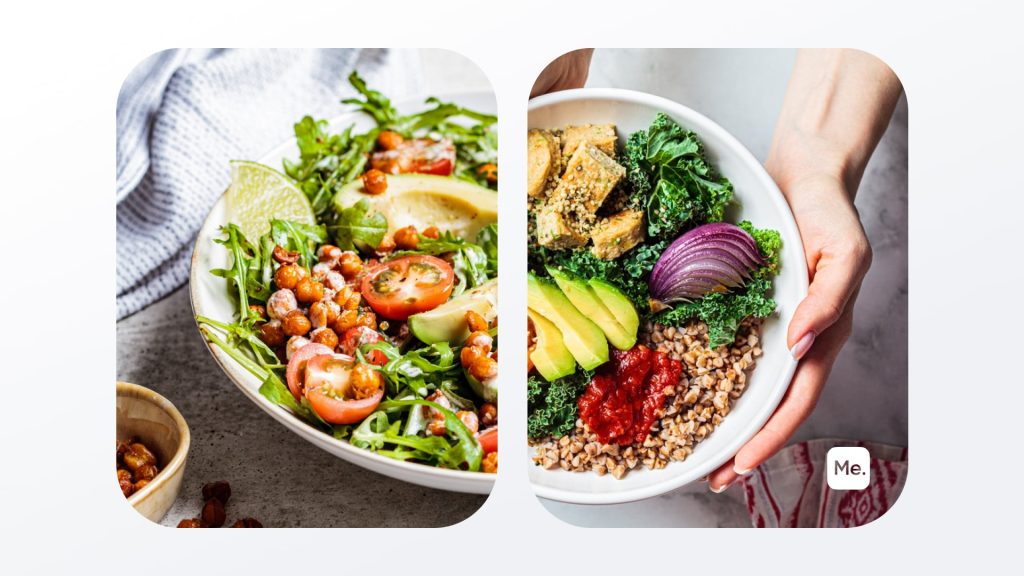 Eat Well
Eat Well
This will help with both tiredness and low moods (both symptoms of an unhealthy diet). Make sure there’s enough protein in your diet due to its essential role in muscle growth and repair, though avoid processed meats that are high in cholesterol.
Drink Enough Water
This is key for natural energy boosters! Our bodies are made of 60% water, so it’s important to stay properly hydrated. Aim for about eight glasses per day and drink more when you’re feeling tired or thirsty!
Exercise Regularly
Exercise boosts moods while providing natural energy boosts at the same time. It’s also good for relieving stress, which often causes chronic tiredness (6). If possible try and find a form of exercise that’s enjoyable to you – this way, it’ll be easier for you to develop a habit rather than quitting after the initial excitement wears off.
 Go Outside
Go Outside
Natural light along with fresh air can help cure tiredness by elevating moods and lowering levels of melatonin – while also providing vitamin D from sunlight exposure that may aid in our body’s ability to produce neurotransmitters such as serotonin that are responsible for feelings of happiness and well being (5).
Get Enough Sleep Every Night
When we sleep, we are naturally releasing natural energy boosters like serotonin and melatonin. Sleep deprivation may be responsible for feelings of fatigue as well as anxiety or depression (which often leads to tiredness).
Watch Your Coffee Intake
Too much caffeine causes fatigue as well as insomnia (3)! Drink coffee in the morning but limit it to one cup max. Studies show that drinking two cups can actually cause you to feel more lethargic! However, if taken correctly natural caffeine from tea is a great way to get an energy boost without staying up all night feeling jittery (10).
The Bottom Line
The best energy-boosting vitamins for you will depend on what type of symptoms you’re looking to address. For natural alternatives with no side effects check out vitamin B complex supplements which are available at most health stores – these contain a variety of components which can help with natural energy boosts for the body. Always talk to your doctor about any supplements before starting them.
Supplement your diet with some exercise to double your results.
DISCLAIMER:
This article is intended for general informational purposes only and does not address individual circumstances. It is not a substitute for professional advice or help and should not be relied on to make decisions of any kind. Any action you take upon the information presented in this article is strictly at your own risk and responsibility!
SOURCES:
- Adverse effects of creatine supplementation: fact or fiction (2000, pubmed.gov)
- An Overview on Ashwagandha: A Rasayana (Rejuvenator) of Ayurveda (2011, nih.gov)
- Caffeine consumption, insomnia, and sleep duration: Results from a nationally representative sample (2016, nih.gov)
- Creatine supplementation with specific view to exercise/sports performance: an update (2012, nih.gov)
- Evidence-based D-bate on health benefits of vitamin D revisited (2012, nih.gov)
- Health benefits of physical activity : the evidence (2006, nih.gov)
- High dose thiamine improves fatigue in multiple sclerosis (2013, nih.gov)
- Review on iron and its importance for human health (2014, nih.gov)
- The Importance of Magnesium in Clinical Healthcare (2017, nih.gov)
- The Safety of Ingested Caffeine: A Comprehensive Review (2017, nih.gov)
- Vitamin B12 (2021, nih.gov)
- Vitamin B5 (Pantothenic Acid) (2021, nih.gov)
